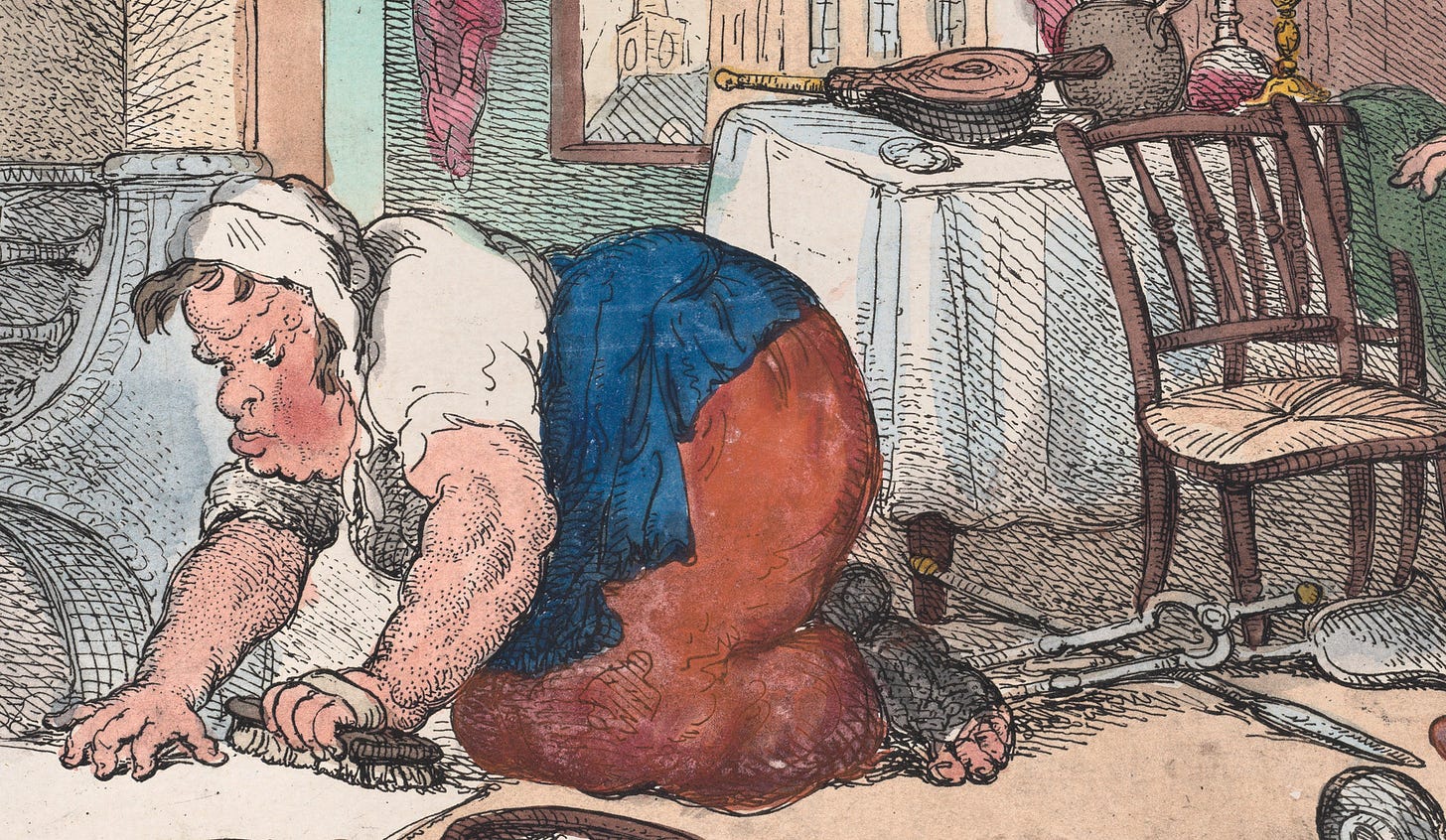READERS may be aware that since being released from prison for benefit fraud I have been employed at the local council as an administrative assistant. I did not find this position myself, having never had any ambition to work for the state. Instead it was found for me.
Before I was even halfway through my prison sentence, Mother informed me that she had contacted her cousin Adrian (who pertains to the last middle-middle class branch of the family) in order to secure me employment upon my return. Cousin Adrian occupies the position of City Council Chief and, with some clever manipulation of my DBS certificate, was able to slot me in.
At council headquarters, I am largely responsible for approving housing extension applications from elderly residents, and rejecting building proposals from construction companies. While I have referred to myself in previous posts as a “minor civil servant”, I am informed by the Local Government Association that my role is properly named council officer, given that I have no direct influence over the operation of government, neither national nor local, nor over anything at all which is considered “consequential”.
Keep reading with a 7-day free trial
Subscribe to The Pedestrian to keep reading this post and get 7 days of free access to the full post archives.





